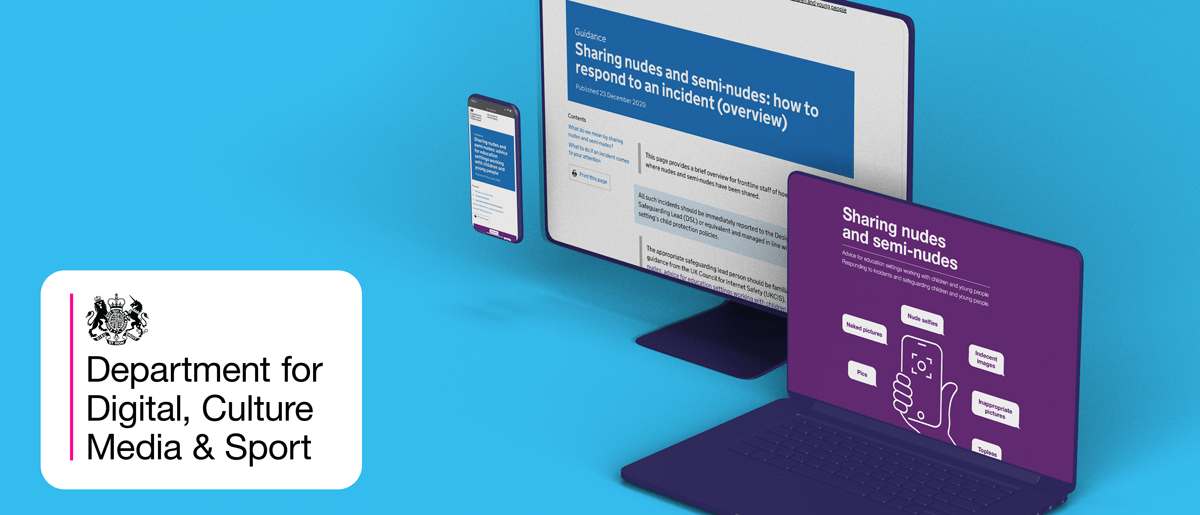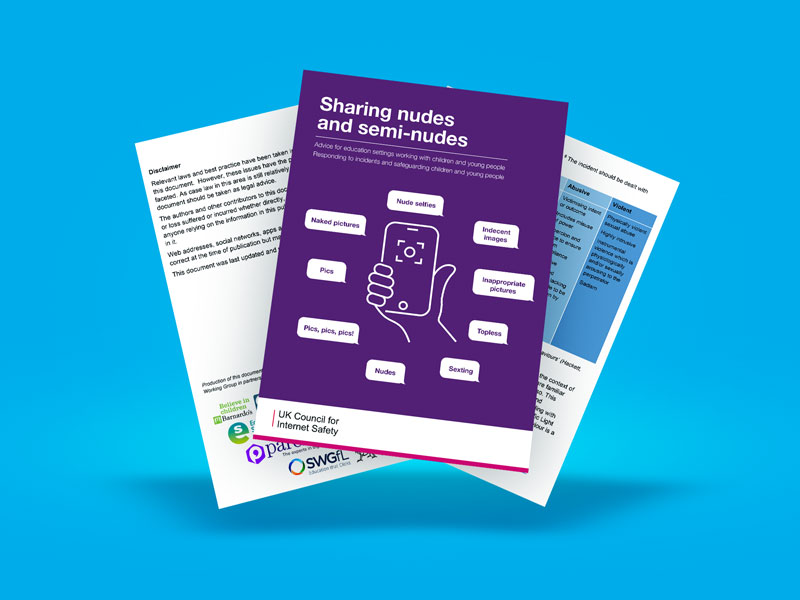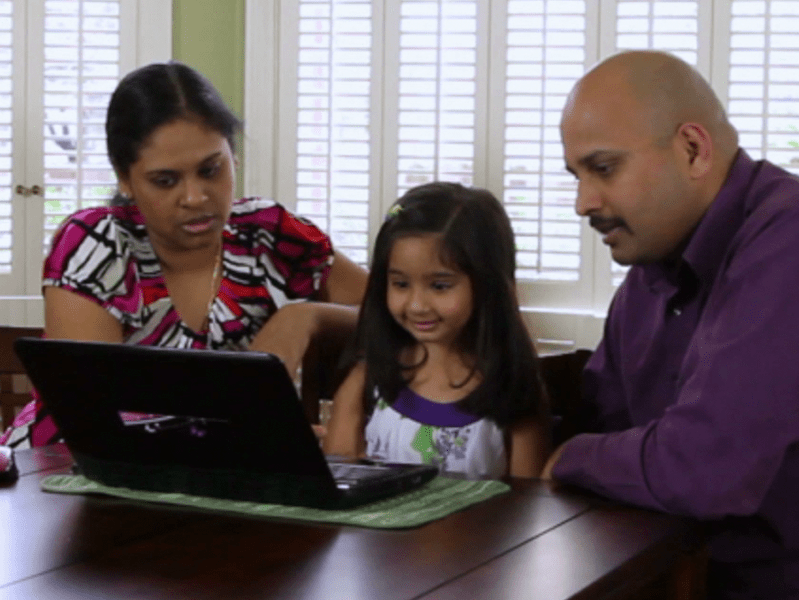The UK Council for Internet Safety (UKCIS) have updated its non-statutory guidance on Youth Produced Sexual Imagery (YPSI), which is entitled ‘Sharing nudes and semi-nudes: advice for education settings working with children and young people’ and replaces ‘Sexting in schools and colleges: responding to incidents and safeguarding young people’ (2016).
The guidance has been released in England and Wales and has been developed alongside the National Police Chiefs Council (NPCC).
Although this non-statutory guidance is not designed for your region or setting, we understand that the principles outlined and updated are likely to inform best practice in cases of nude or semi-nude related incidents. This comes at a time when other regional legislators are reviewing practices and responses to online harms.

What are the Main Changes?
Section 1: Background and Context
Section 2: Background and context
Section 3: Educating Children and Young People
Join our Safeguarding Hub Newsletter Network
Members of our network receive weekly updates on the trends, risks and threats to children and young people online.









